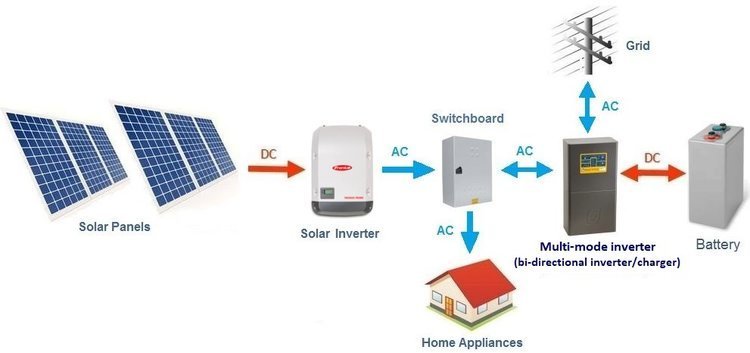Off Grid
In an era dominated by interconnectedness and reliance on centralized utilities, the concept of living off the grid stands as a testament to self-sufficiency and independence. Off-grid living involves disconnecting from traditional utility services such as electricity, water, and sewage, and instead relying on self-generated resources.
One of the key components of off-grid living is the utilization of renewable energy sources such as solar panels, wind turbines, or hydroelectric generators to meet energy needs. These systems harness the power of nature to generate electricity, providing a sustainable and environmentally friendly alternative to grid-based power.

components of off-grid
off-grid living is the utilization of renewable energy sources such as solar panels, wind turbines, or hydroelectric generators to meet energy needs. These systems harness the power of nature to generate electricity, providing a sustainable and environmentally friendly alternative to grid-based power. net metering programs
conclusion
off-grid living represents a bold departure from conventional lifestyles, offering individuals the opportunity to embrace self-sufficiency and sustainability. By harnessing renewable energy, optimizing resource use, and embracing a simpler way of life, off-grid enthusiasts pave the way towards a more resilient and harmonious relationship with the natural world.

